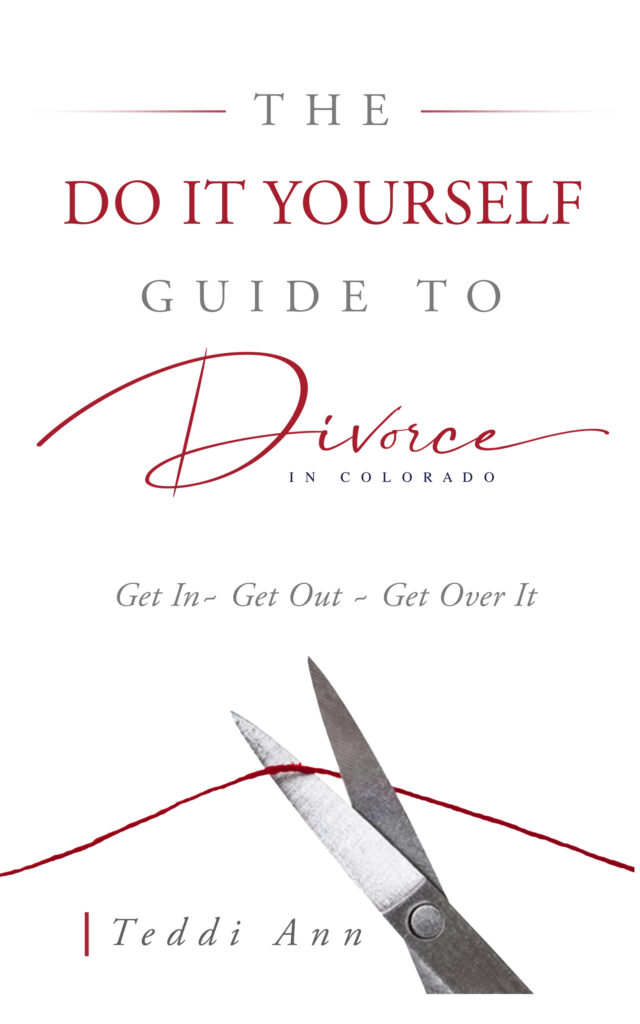
Have all of your documentation exchanged before you mediate
Have all available letters or information necessary for decision making in hand.
Know what you want and what you need – and understand the difference.
Here are the 3 keys for successful mediation explained.
1. Have all your documentation exchanged before you mediate.
The key to successful mediation is preparation. Prepare to negotiate and be prepared to settle the issues.
Preparing for mediation you need to know your financial situation. You need to know how much debt there is, how much every asset is worth and what the equalization of the debts and assets looks like before you start mediation.
Colorado has clear guidelines as to financial documentation that must be exchanged before resolving the case. Some documents seem unimportant and some overwhelming, but it’s mandatory that the parties disclose and exchange their financial documents. Just get it done. Make sure to allow yourself and your spouse at least two weeks to review everything before mediation.
2. Have all available letters or information necessary for decision making in hand.
When you get the disclosures, organize them, in a way, that makes sense to you. Most attorneys and mediators I know use Excel spreadsheets to make sense of the numbers involved.
- We list all the property with the marital value,
- We list all of the debts and then create a column for each of the parties deciding who takes what assets and what debts, and who still needs to be paid – if anything, after a fair and equitable division.
When discussing parenting plans in mediation, one party alleges the other doesn’t help with homework, or fails to get the kids to school on time, or has anger issues that would not make longer parenting time ok for the child.
You should always attend mediation with letters from teachers and/or attendance records or letters from key witnesses as to what they would testify to if the matter went to hearing.
Having this information helps mediators or attorneys facilitate settlement and better advise you in negotiation and settlement when there is actual documentation and proof instead of someone just making allegations.
3. Know what you want and what you need – and understand the difference.
Knowing the difference between what you want and what you need makes it easier to find a middle ground for reasonable and successful resolution.
With these 3 keys, the doors to settlement will open easy and close behind you with all matters settled.
If you have questions of need help with your mediation please call us at 720-943-7707 or EMAIL US



